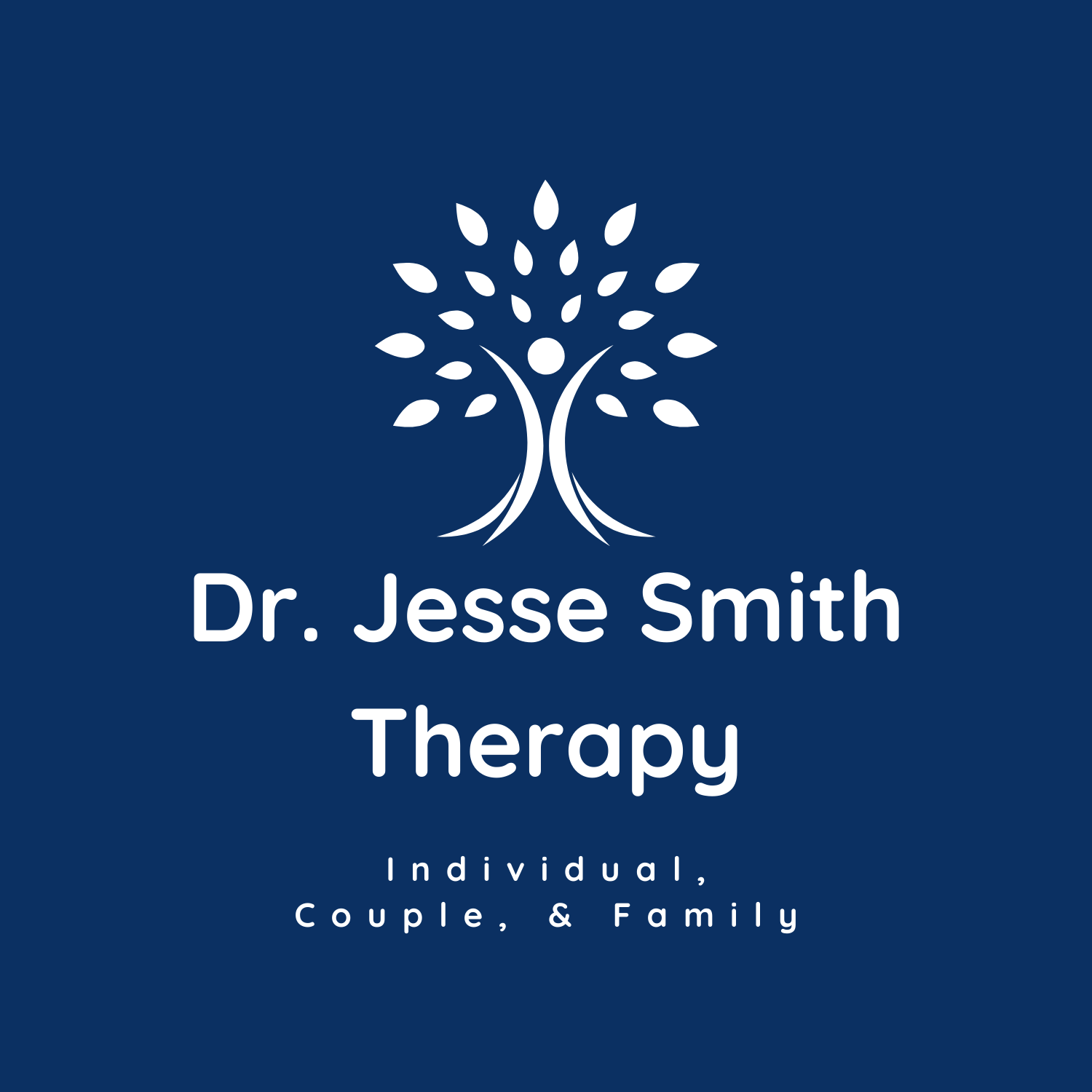Couple’s Therapy
Relationships are profoundly significant, helping us lead fulfilled lives. But, they require work and dedication to create a strong foundation that can withstand challenges. Couples therapy isn’t just for couples in despair or on the brink of breaking up. There are moments when you need to actively work on your communication and allow your partner to understand you. Couples therapy can help you resolve conflicts and cultivate an enriched relationship where you can grow together.
Areas Explored in Couples Therapy
-
Communicating effectively takes work. You’ll learn the strategies necessary for effective communication that promotes harmony and understanding.
-
Building boundaries (not walls!) can be healthy and often necessary to ensure respect is given and your emotional well-being is protected.
-
Screaming and fighting aren’t effective modes of communication. Learn how to resolve conflicts through constructive dialogue and negotiation.
-
Address and heal past pain or trauma that may be affecting your relationships by doing deeper emotional work.

Couples therapy can be intense while also being dynamic and fun!
Let’s face it - relationship counseling isn’t a walk in the park but you’re not here for an easy fix, right? Couples therapy takes work from all parties. Sometimes couples will be in their own individual sessions so further assessments can be done. In some cases, individual sessions may be what’s needed to reduce the temperature in sessions so we can work towards having conjoint sessions. We’ll work together to make sure everyone feels heard, understood, and connected.
Benefits of Couples Therapy
Strengthen the Connection
When you deepen your connection to each other, you enhance your intimacy on many levels.
Communicate Effectively
Gain strategies and learn the techniques that improve your relationship and reduce conflict.
Acceptance and Support
As your relationship is strengthened, it opens the door for mutual acceptance and support.
Dr. Jesse Smith, Ph.D, LMFT
Your therapist should be dedicated to hearing from all parties because everyone deserves a voice in therapy. Tips and tricks are great but couples who really want to resolve conflicts in their relationship will get real-world strategies that build connections.
Couples Therapy FAQs
-
I meet with all of my clients from my base in Philadelphia. We meet virtually over a secure video chat. My clients are from all over Pennsylvania.
-
All couples therapy sessions are currently being conducted via secure, HIPAA-compliant video platforms. The decision of whether to seek couples therapy via in-person sessions or virtually is a personal one with pro’s and con’s for each option. Read the blog post about Online vs. In-Person Therapy for more information.
-
Standard sessions run 50 minutes long at a rate of $150 per session. Longer sessions are available at pro-rated rates.
Payment is due at the time of service via credit/debit card or HSA card. A card on file is required and there is a $75 fee for missed appointments or late cancellations. While we do require payment at the time of service, it is possible to seek out of network reimbursement from your insurance provider. We are happy to offer superbills to provide to our insurance company for reimbursement. If you plan to seek out of network reimbursement, we suggest contacting your insurance provider ahead of time to determine if your plan provides for out of network reimbursement for mental health sessions and for what amount.
Read the blog post about Insurance vs. Private Pay for more information.
-
The LGBTQIA+ community is safe here. Most of the couples that seek therapy are romantic partners - either cohabitating, dating, or married. Rest assured that this office is a safe place for Queer couples looking to work on their relationship.
-
Yes. Whether you’re in a poly/ENM relationship or your relationship involves kink / fetishes, you will find acceptance in this office.
-
How you approach couples therapy can make a big difference. If you’ve spoken with them about why you want to try relationship counseling and they are still hesitant, individual therapy may be a better route to go down. Going to therapy on your own can help you improve your sense of self, which can have positive effects on your relationship.


